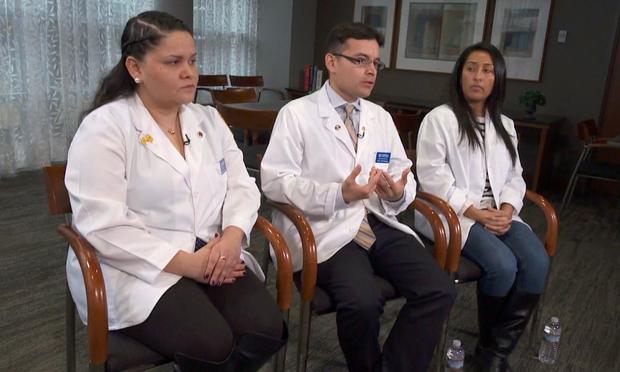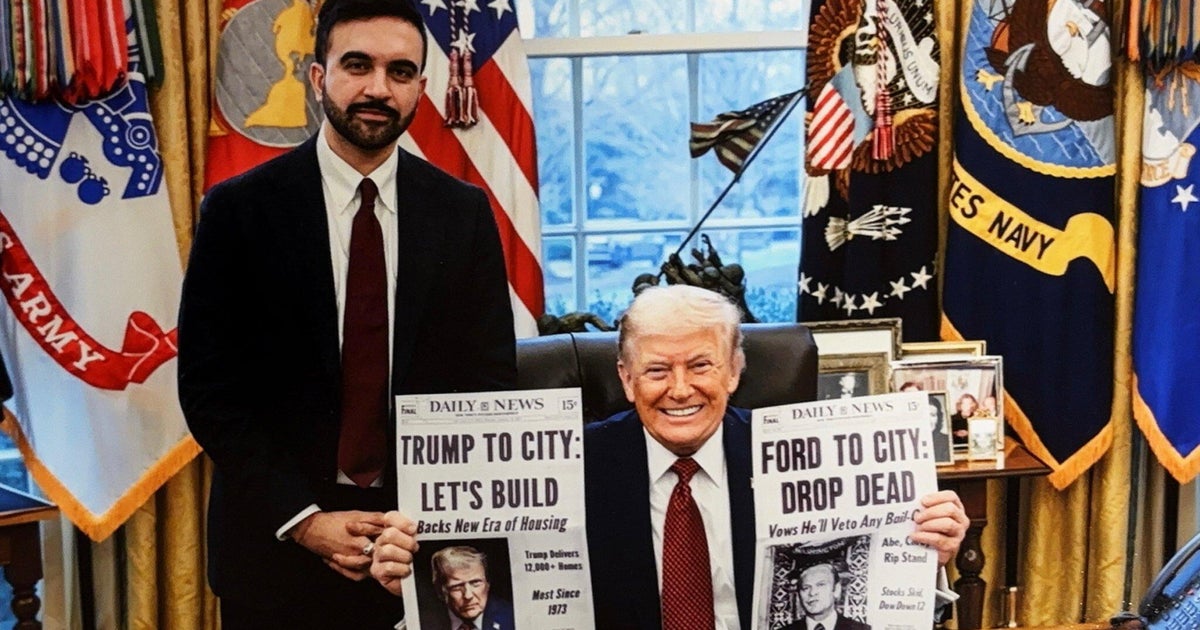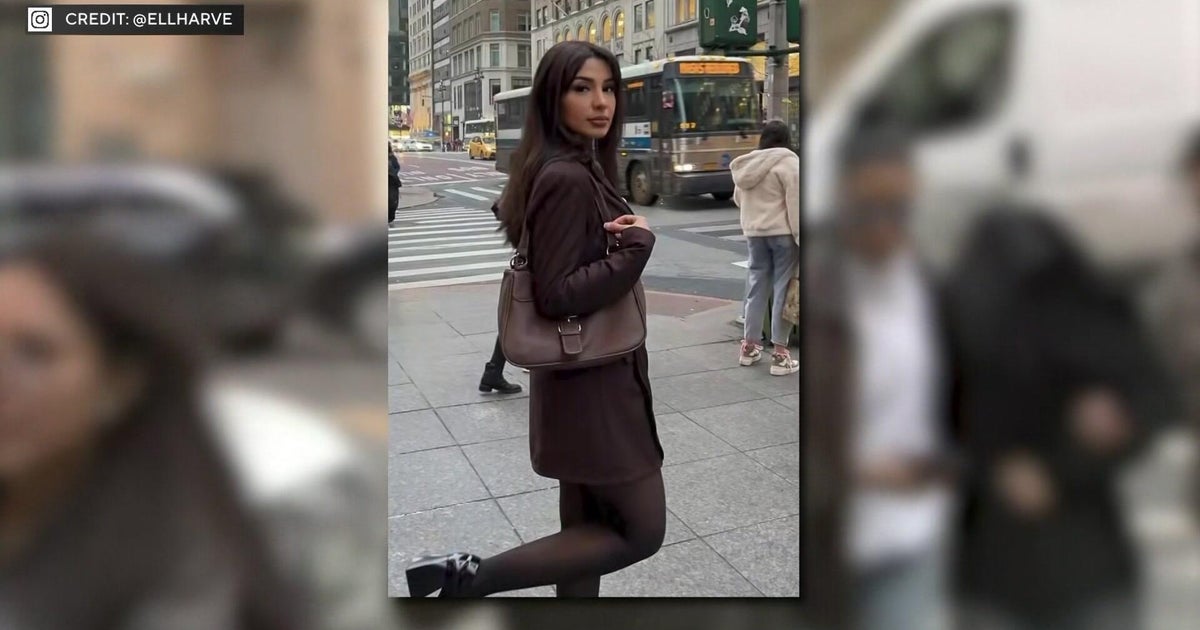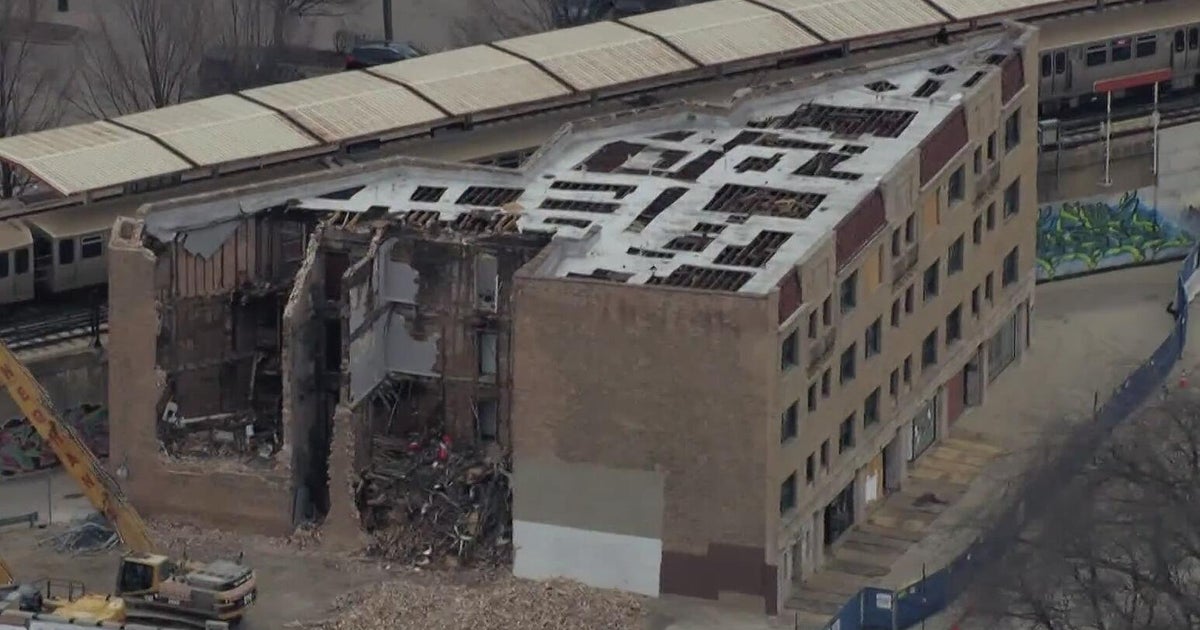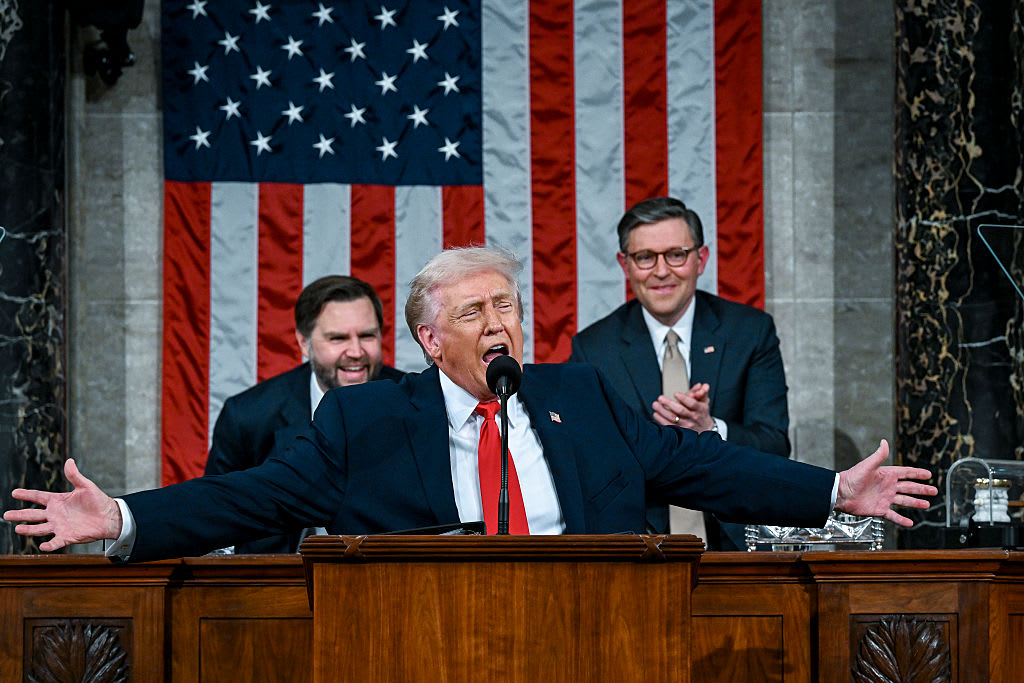For Loyola University's DACA medical students, a future in limbo
Loyola University's medical school, located in a suburb of Chicago, Illinois, was the first to officially accept undocumented students back in 2014. There are now 32 DACA-status students being trained there. A group of the school's future doctors spoke to CBS News' Adriana Diaz about what it's like to be a the top of their academic game, with no clear future in sight.
After almost 20 years living in the United States, Cesar Montelongo still worries immigration agents could detain him at any moment.
"Every time I hear footsteps outside my door, like there's a part of me that for a second that thinks, you know, should I open the door?" Montelongo said.
Born in Mexico, but raised in New Mexico, the 28-year-old is the first undocumented immigrant to pursue his M.D. and Ph.D at Loyola University's medical school. But he may never be able to practice legally.
"My biggest fear is that maybe DACA will remain but there will be no way to go beyond DACA, like there will be no pathway to citizenship," Montelongo said.
Twenty-seven-year-old Alejandra Duran Arreola studied chemistry in college in Savannah before becoming one of the Dreamers enrolled there.
"The news reminds you, Twitter reminds you, that at some level you are not welcome here," Arreola said.
"I see the U.S. as my home, my community, my people, my peers," said Belsy Garcia Manrique.
Her mother brought her into the U.S. illegally from Guatemala when she was seven, traveling for two weeks by foot and car.
"I feel like I haven't done anything wrong. I've gone to school, I've gotten good grades, I did community service, and yet that gives me no right in a sense," Manrique said.
President Obama enacted DACA as an executive order in 2012 to protect undocumented immigrants who came here as children. Critics call it an unlawful program that promotes illegal immigration, lacked congressional approval and takes jobs from U.S. citizens.
"If you had someone that yes, they entered the country illegally but it was 20 or 30 years ago and they're a productive member of their community, they're paying taxes….What is the logic behind deporting them outside of just following an arbitrary rule," Montelongo said.
"There's been a lot of back and forth. This is going to happen, then it doesn't happen, then something else happens," Manrique said of whether she believes the president is committed to finding a solution for DACA.
Although the prospect of deportation is real, Arreola says she's not going back to Mexico.
"If I had to go, I wouldn't go to Mexico. I would go to Europe or to Canada or any other country that wants doctors. It's actually funny how we want to stay here, it's because our families are here, our communities are here. But at the end of the day we're American-trained almost physicians. Any other country would jump up to take any of us," she said.
Without DACA, there is no clear path for these students to complete their training, repay their loans, or practice medicine.
